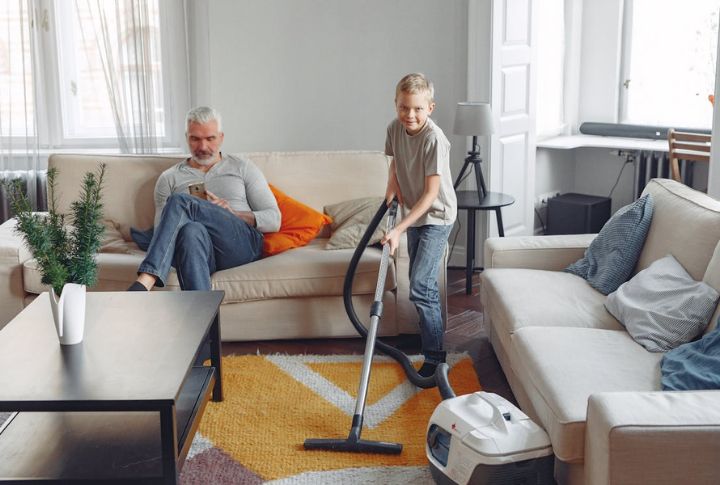
Around the age of 9–10 and above, kids are booming with wide-eyed curiosity and budding independence. It’s the moment when habits start shaping who they’ll become, and small skills suddenly mean big growth. So, check out 20 things that can set them up for a lifetime of confidence and capability.
Emotional Regulation

Big emotions can hit hard at this age, but learning to handle them changes everything. Talking openly about fears, frustration, or sadness helps kids recognize feelings before they boil over. They should know that talking doesn’t make them weak; in fact, it strengthens all kinds of relationships.
Empathy And Compassion
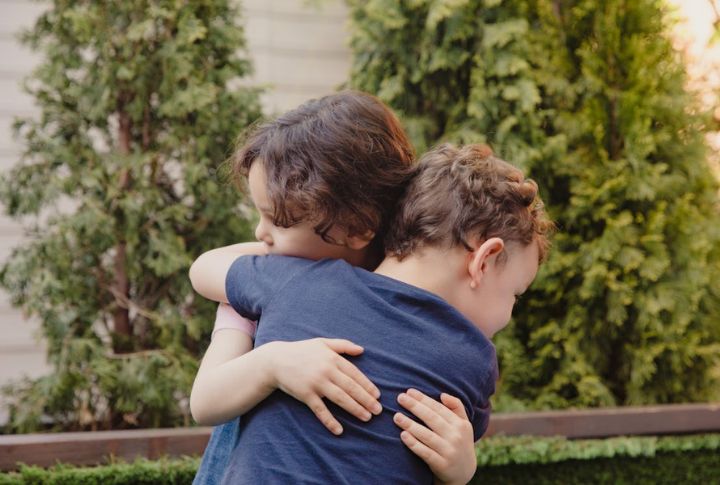
Understanding other people’s feelings starts with noticing small things, like gratitude or kindness. When kids talk about what makes others happy or sad, they begin to see the world from different angles. Those moments turn into real empathy and lasting compassion.
Basic Problem-Solving
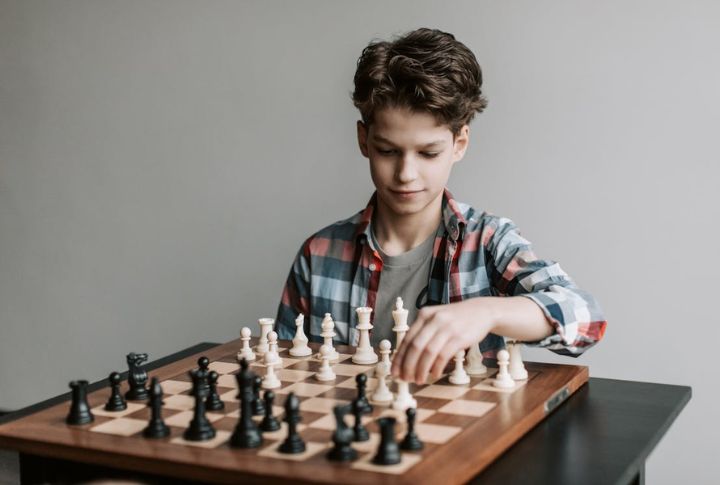
Everyday hiccups can be surprisingly great teachers. When your child tightens a wobbly screw or hunts for that missing puzzle piece, they’re also learning patience and creative thinking. And when they finally solve it? That proud feeling is unmatched.
Time Management
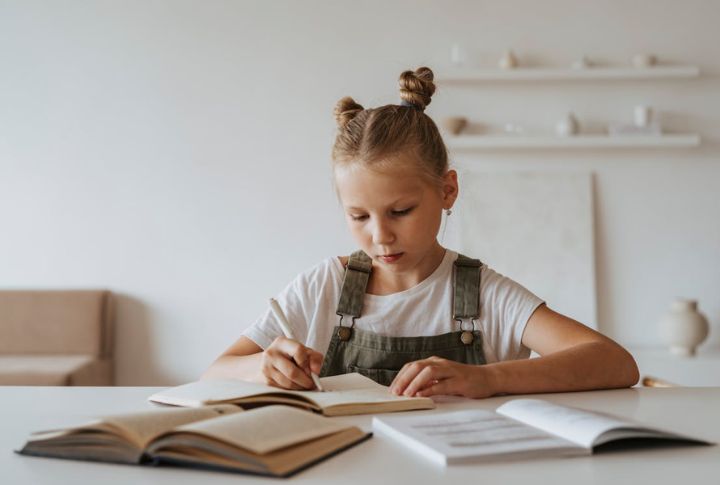
Between homework and play, kids quickly learn what “running out of time” feels like. Creating routines or using fun planners helps them balance it all. With slow practice, they discover how to get things done and still have time for fun.
Effective Communication
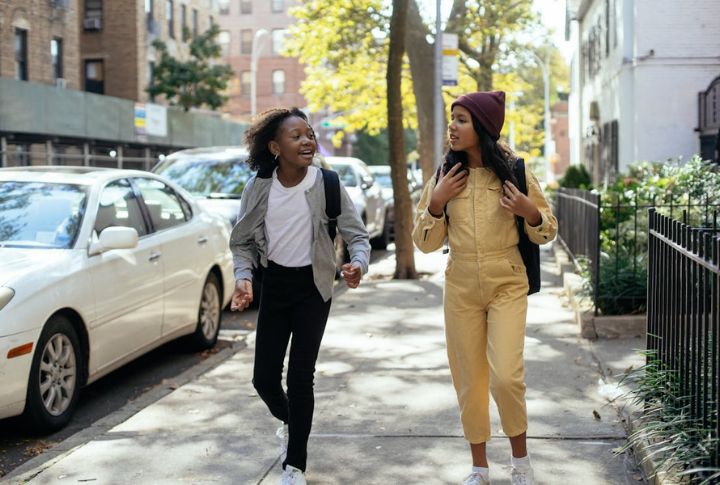
Around age ten, kids start finding their voices literally and emotionally. They learn to say what they need, and even write simple letters or messages on their own. These growing skills help them share ideas clearly in everyday life.
Personal Hygiene And Self-Care

Simple routines become small victories that build real confidence. Brushing teeth, washing up, or folding laundry might look ordinary, but for a ten-year-old, they’re huge milestones. Each clean plate and neatly made bed says, “You can handle this.” That’s important for lasting independence.
Digital Literacy
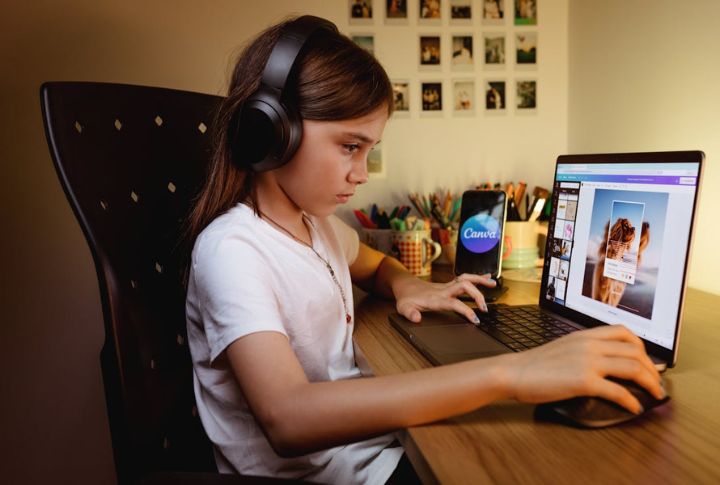
Being tech-savvy is awesome, yet being safe online is even cooler. Teaching kids to protect personal info and think before they click turns them from mindless scrollers into mindful explorers. Soon, they’ll be using the internet as it was meant to be.
Teamwork And Cooperation
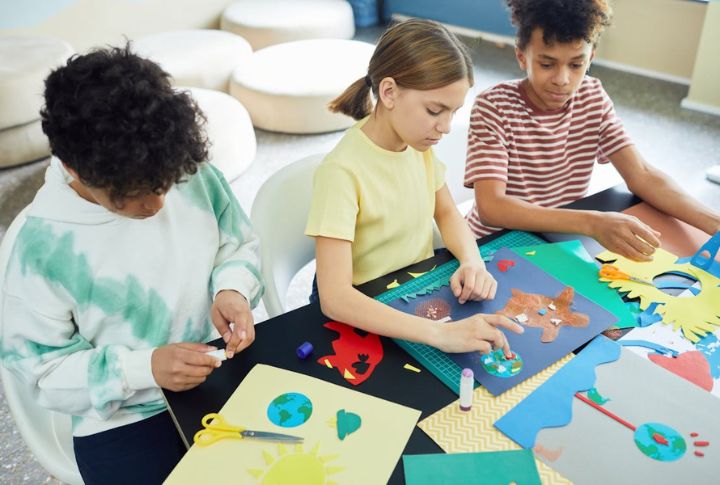
Group projects and team games teach kids that collaboration is a superpower. They learn to cheer each other on and celebrate wins together. And sometimes, the biggest victory is realizing how much better things go when everyone pitches in together.
Critical Thinking
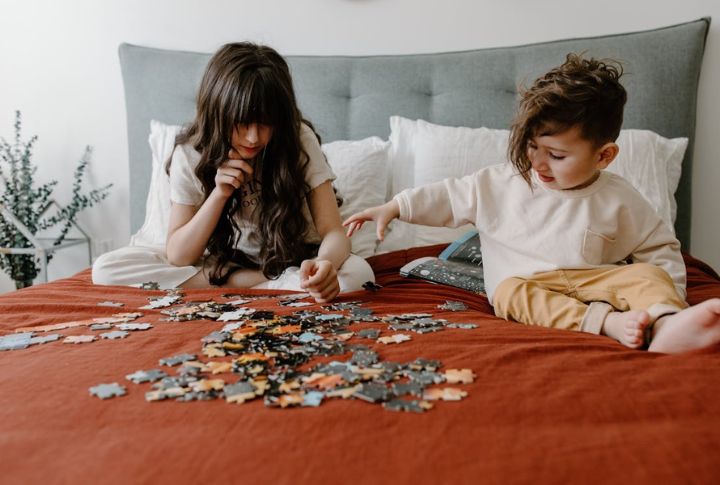
At ten, questions start flying faster than text messages. “Why?” becomes their favorite word, and that’s a good thing (so, don’t get mad at them). Comparing facts to test ideas and solving mysteries all sharpen their logic. It’s the brain workout that builds smarter decision-makers for life.
Self-Advocacy
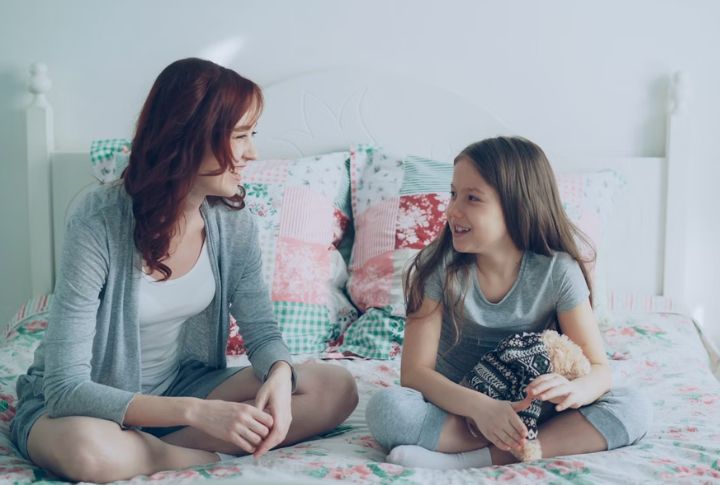
Although speaking up for themselves doesn’t always come easy, it’s one of the most important skills kids can learn. When they practice asking for help or expressing what they need, they grow more independent and ready to face new challenges.
Conflict Resolution
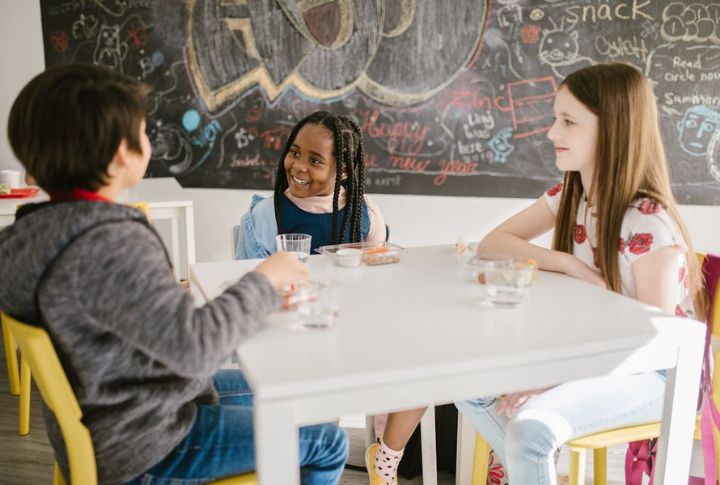
Disagreements don’t have to end with crossed arms or slammed doors. As kids gradually learn to listen and stay calm to find fair solutions, they turn arguments into opportunities and start working through differences with empathy and calmness.
Adaptability And Flexibility
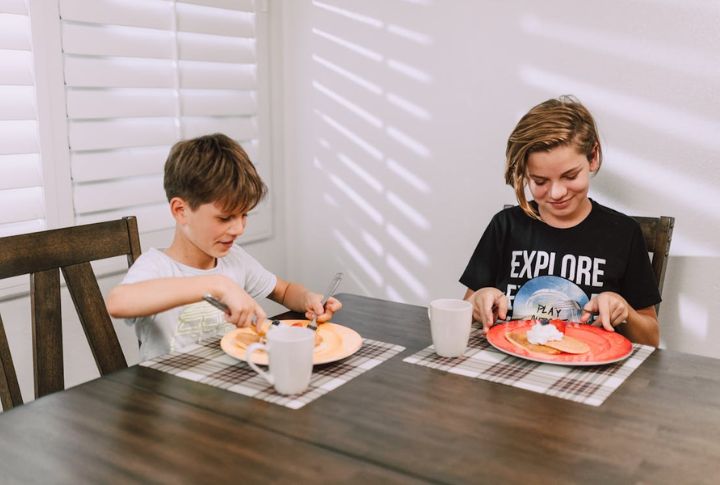
When pizza day suddenly becomes sandwich day, some kids panic. But not for long. Flexibility helps them roll with the punches, laugh off surprises, and keep going. Life throws curveballs, and adaptable kids are the ones who hit them out of the park.
Goal Setting
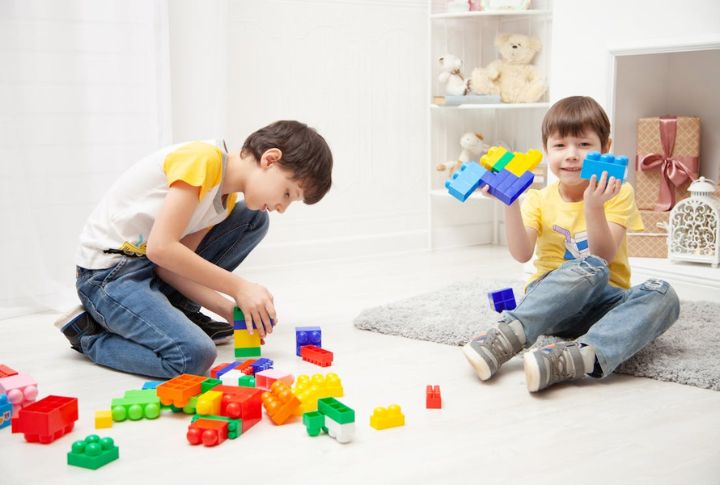
There’s nothing like the sparkle in their eyes when a plan comes together. Whether it’s finishing a book or completing a LEGO masterpiece, setting goals teaches patience and focus. Each small win builds the courage to dream bigger next time.
Responsibility For Belongings

By ten, reminders to “clean your room” finally start to stick (miracles happen!). Kids learn to track their stuff to organize school supplies and help around the house. Taking care of their own things builds responsibility and shows them that being independent also comes with responsibility.
Resilience And Perseverance
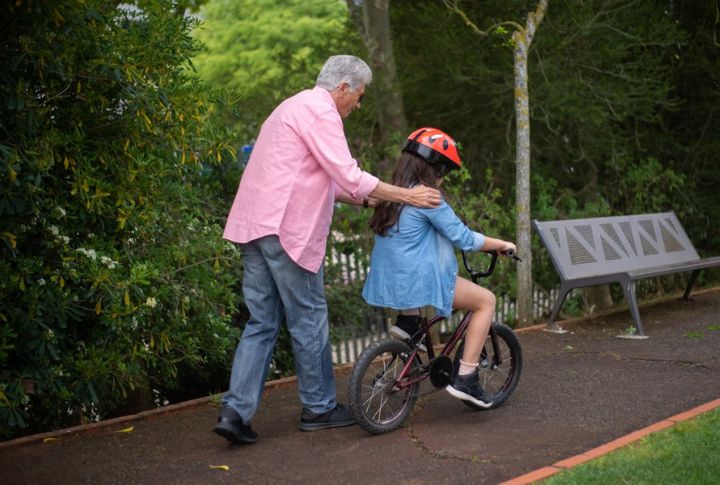
Falling short doesn’t mean failing. In fact, it’s just part of learning. When kids keep trying after setbacks, they discover their own strength. Every time they bounce back from disappointment, they build resilience and a belief that effort really does pay off.
Respect For Rules And Boundaries
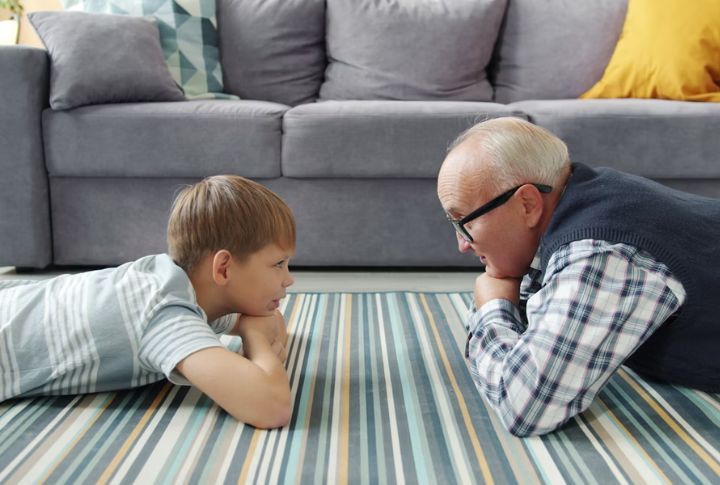
Although pushing limits is part of growing up, understanding why rules exist is key. When kids learn that boundaries create fairness and safety, they start respecting them. That way, relationships with friends, teachers, and family instantly get stronger and easier to bear.
Cultural And Social Awareness
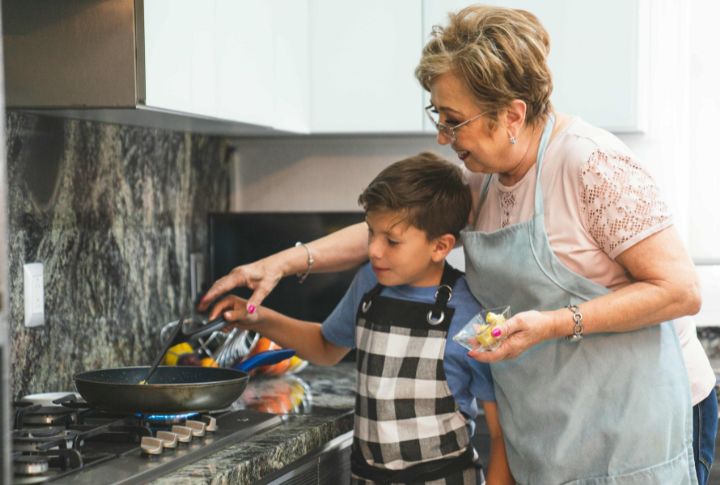
Something as simple as a shared meal of a family recipe can spark lessons that reach far beyond the table. If kids get to learn about their roots and explore other cultures, they grow curious, open-minded, and ready to embrace a beautifully diverse world.
Creative Thinking And Imagination
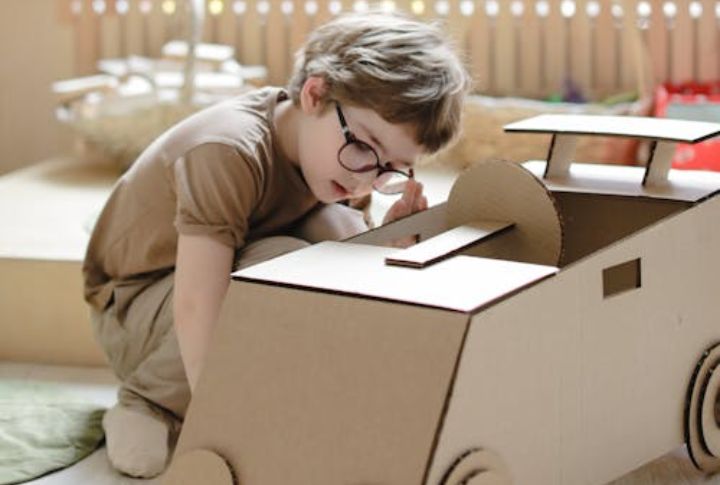
Give a ten-year-old a cardboard box, and they’ll turn it into a rocket ship before you can blink. Imagination fuels innovation that helps kids dream big and find joy in discovery. Instill that in them because creativity doesn’t just make playtime better; it also makes life richer.
Basic Safety Awareness
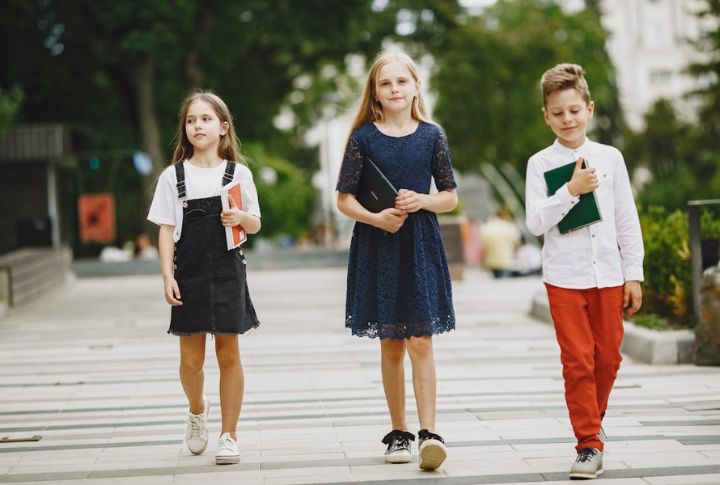
Every young adventurer starts out feeling small in a big world of uncertainties. But by learning family emergency plans, understanding what to do during disasters, and mastering the routes back home, children become brave explorers who are prepared for whatever comes their way.
Household Contribution
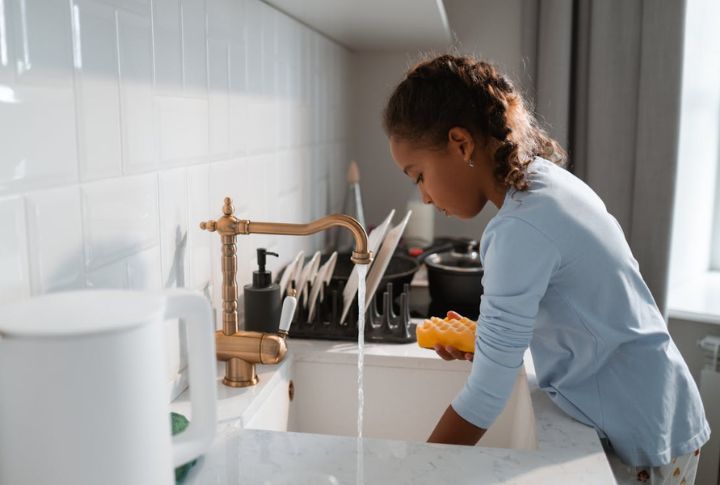
Household chores are simply about showing up for others, even when no one’s watching. When kids learn to wash dishes or sort clothes without expecting applause, they begin to understand that being part of a household means pitching in because it’s needed, and not because it gets you noticed.

